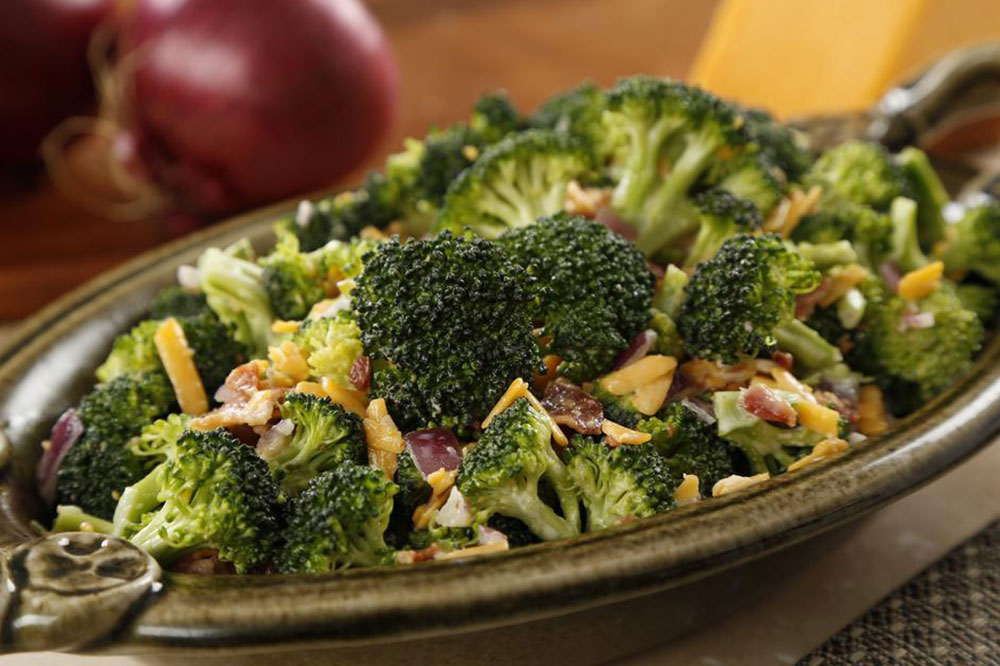4 dietary tips for managing hemophilia
When suffering from hemophilia, it is vital to care for your overall health and pay attention to your nutrition. The point behind this is to stay healthy and ensure that your body is getting a sufficient amount of nutrients, minerals, and vitamins that it needs. Here are some dietary tips that’ll help you stay healthy and keep your hemophilia at bay.
Add foods and veggies to your daily diet
Foods and vegetables are a great addition to your diet.

Make healthy cooking choices
One of the essential elements of a healthy lifestyle is eating the right way when suffering from hemophilia. What does this mean? It means that you should stick to cooking modes such as baking, grilling, and even boiling instead of frying foods. This will ensure that your foods retain all their nutrients and stay clean and healthy.
Steer clear of meat
One of the other tips that’ll help with hemophilia is having meat-free diets. Instead, opt for beans, nuts, and other sources of protein. You could also try eating leaned meats such as fish, chicken, turkey, and even eggs twice a week for maximum protein intake.
When eating out, keep your portions small
Another important thing to keep in mind when eating should be the portion size. Eating smaller portions, especially when eating out, helps prevent you from eating stuff without knowing what’s in them. It is also important to ensure that you read labels whenever you buy any foods or other eatables. Keep an eye out for large amounts of sugar in juices or carbonated drinks.

